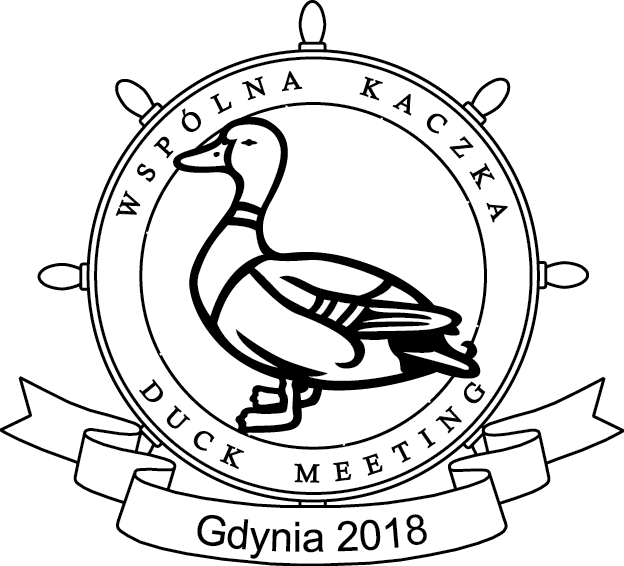2015-09-04
Blue Economy
Maritime industries, also referred to as „blue economy”, according to the European Commission will constitute one of the priority areas for European economy in the next few years. We should not be surprised – already today almost 5.5 million Europeans are employed in the sector and produce app. EUR 500 billion added value every year. According to the estimations, at the end of this decade the number of people employed in the branch may reach 7 million.
EU policy-makers believe that maritime industries can become the life raft for west European countries, especially those of the Mediterranean Sea basin, which are suffering from the effects of the last economic crisis. This strategy seems to be justified. It is enough to look at the history of Gdynia. The decision to build a port just a few years later resulted in a city with 100 thousand inhabitants offering a wide range of services being established on the Baltic shore. It was possible thanks to the creation of space for coal, grain and cotton trading, sailing and shipbuilding, tourism and fish processing, etc. Many other services – like electrons – revolved around this regional economic activity - the sea port. Experts estimate that nowadays we have one port or shipyard job to 25 jobs in national economy.
Polish maritime economy set against the background of those of other EU member states looks quite well, however, it still has large deposits of unused potential. Approximately 90 thousand people are employed in the sector, there are app. 12 thousand companies with the total income of app. PLN 25 billion. Activities of maritime industries sector entities are often highly innovate in their character. They also belong to the most recognizable Polish companies in the world. Polish shipyards build among others the most state-of-the-art units for servicing wind farms or electric energy or gas fuelled vessels which are unique on a global scale.
The maritime industries sector will do nothing else but develop in the next few years. The priorities of the European Commission include but are not limited to the use of sea and ocean energy, maritime mining of natural resources as well as aquaculture and biotechnology aimed at mass production of food, cosmetics, pharmaceuticals, chemicals and biofuels[1]. The subject of challenges that “blue economy” has to face will be discussed during the Maritime Industries Panel and we are looking forward to seeing you there!
fot. P. Kozłowski
[1] Source: Grzybowski M., Klastry morskie trzymają się mocno (Eng. Maritime Clusters Are Doing Well) [published in:] Polska Gazeta Transportowa, No. 48, 2014.

